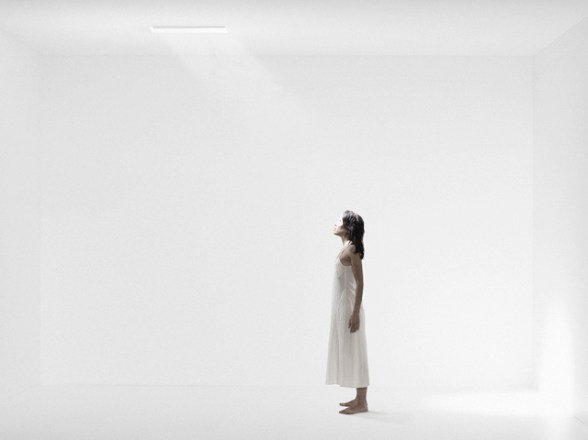This week has been very interesting. Coleman Barks introduces Sohbet. “Sohbet has no English equivalent. It means something like mystical conversation on mystical subjects.” Barks continues his introduction to this chapter by discussing an experience many of us may have felt, the sensation of hearing ourselves speaking from habit. Then there are other times where we might say or write something that seems incredibly wise and wonder where the thought or idea came from.
Barks own words are best to portray how he feels this applies to Rumi: “Sometims that presence, amazingly, speaks to Rumi through the poetry; voices slide back and forth within the same short poem! Often the poem serves as a slippery doorsill place between the two…voices coming from a between-place. This expanding and contracting of identity is one of the exciting aspects of Rumi’s art. Everything is in conversation.”
Today’s poem paints a beautiful picture of an open, carefree, joyous relationship between a mouse and a frog. They understand each other and immediately know what the other is thinking;
“Bitterness doesn’t have a chance
with these two.”
After Rumi paints this lovely picture, he changes the metaphor to drive home his point:
“Do camel bells say, Let’s meet back here Thursday night?
Ridiculous. They jingle
together continuously,
talking while the camel walks.”
To be sure we get the point, Rumi asks:
“Do you pay regular visits to yourself?”








